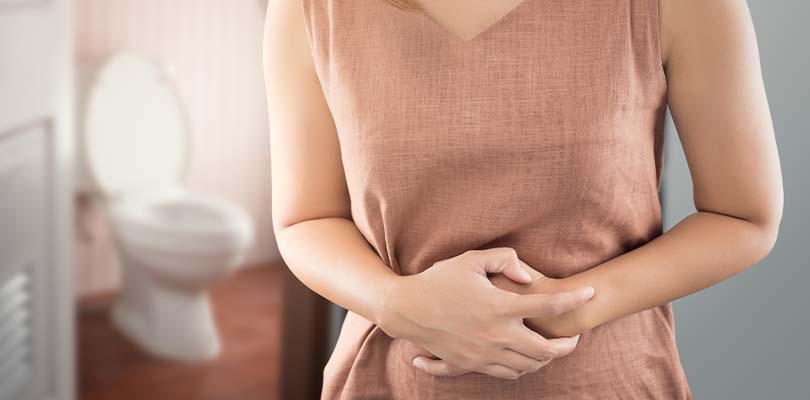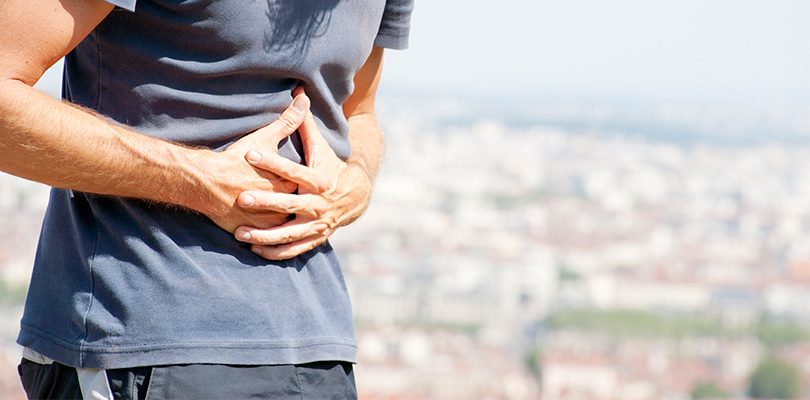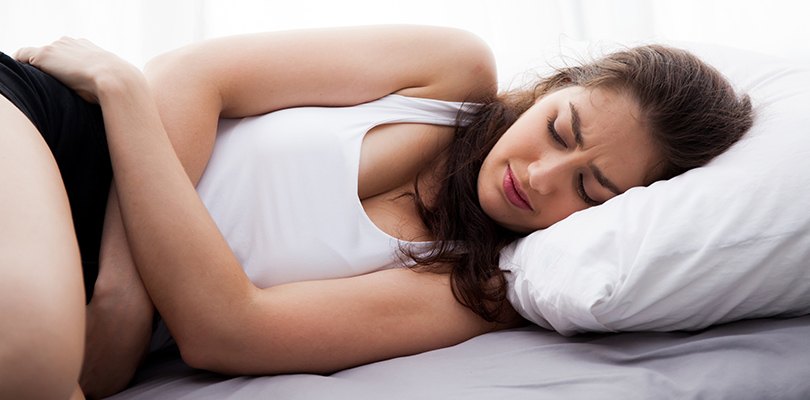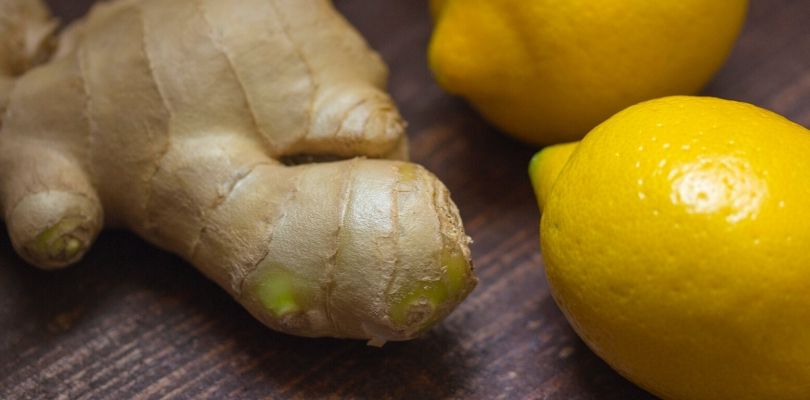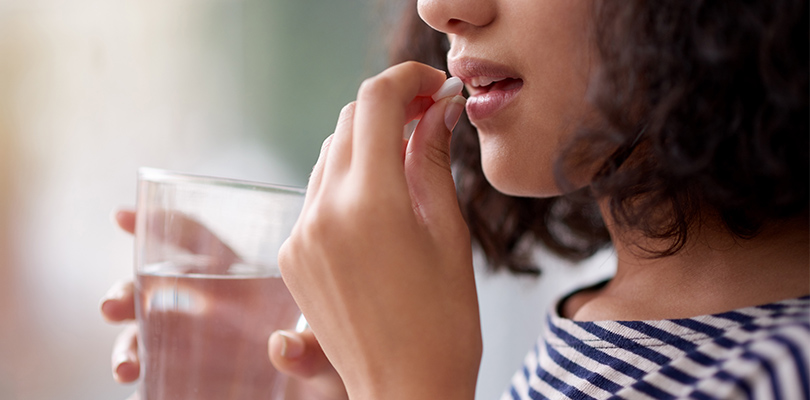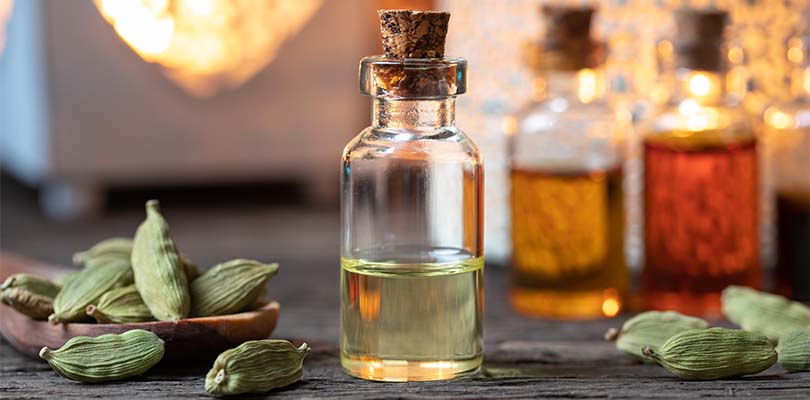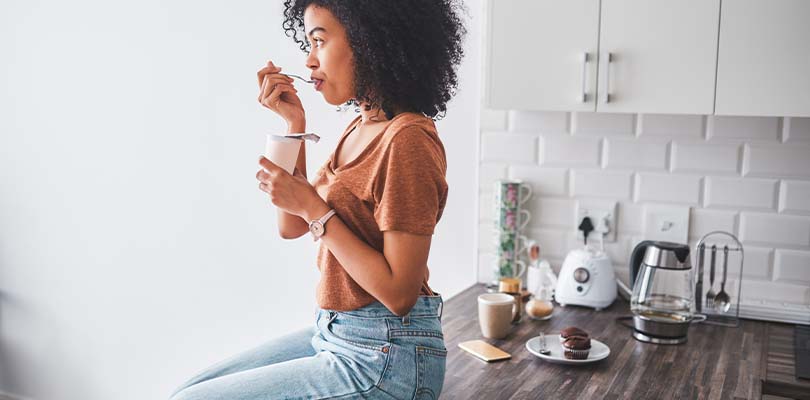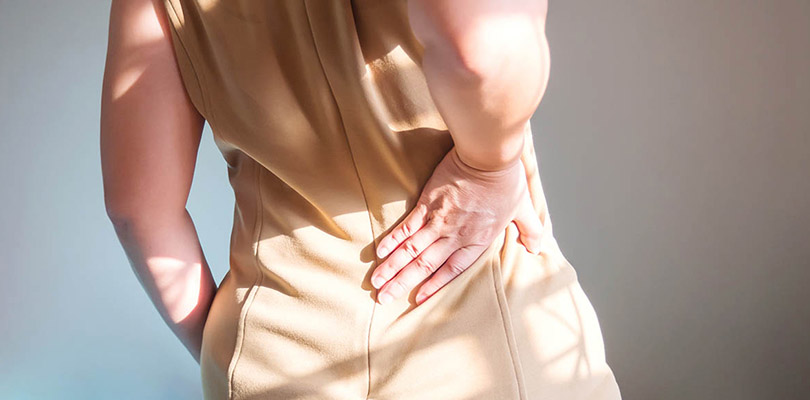Can IBS Cause Urinary Problems?
IBS is a common digestive disorder that affects around 11% of the population. It often occurs alongside other conditions, including fibromyalgia, migraines, anxiety and depression. But can IBS also cause urinary problems?
What Is IBS?
Most experts classify IBS as a functional digestive disorder. This means it is due to dysfunction in the way the bowel works, rather than any physical defects or damage.
The exact cause of IBS is unknown. However, many people believe it arises from poor communication between the brain and the gut. This leads to irregular contractions in the smooth muscle that lines the bowel. It can also cause increased sensitivity to pain.
The primary symptoms of IBS:
- Abdominal cramping and pain
- Bloating
- Gas
- Irregular bowel habits
- Constipation
- Diarrhea
- Mucus in the stools
Many people find that certain foods and drinks exacerbate their IBS symptoms. They are also likely to become worse during periods of emotional stress.
Can IBS Cause Urinary Problems?
Many people who suffer from IBS also experience urinary problems. These include overactive bladder syndrome (OAB) and interstitial cystitis, also known as painful bladder syndrome. Men with IBS may also be prone to chronic prostatitis – a swollen prostate gland that can lead to urinary problems.
A Japanese study from 2013 highlighted the overlap between the IBS and OAB specifically. It found that IBS affected around one third of participants with OAB. In comparison, it only affected 20% of those without OAB. Similarly, it found that OAB affected 14% of participants with IBS and just under 8% of people without. So, what is the link between IBS and bladder problems? Let’s take a look.
How IBS Can Affect the Urinary Tract
Scientists are still trying to understand how IBS can cause bladder problems. There are currently several theories.
IBS Bloating
Originally, it was suggested that IBS can put additional pressure on the bladder and urinary tract due to abdominal bloating. However, although this may contribute, there is likely to be a more complex explanation.
Same Affected Nerves
Another theory is that the bowel and the bladder are under the control of the same nerves. Therefore, dysfunction in these nerves could affect both organs, causing both IBS and urinary problems.
Central Nervous System Issues
Others have suggested that a problem in the central nervous system causes urinary problems in IBS. Both the bladder and the bowel contain high concentrations of serotonin. Therefore, it is possible that this versatile neurotransmitter could play a role.
Another neurotransmitter that might be involved is acetylcholine. This chemical is responsible for controlling contractions in smooth muscle, including the bladder and bowel.
It is possible that a combination of all these factors is to blame. Unfortunately, until further research emerges, we can only speculate as to the precise cause of bladder problems in IBS.
Symptoms of Urinary Problems in IBS
The symptoms of urinary problems in IBS can vary slightly depending on the underlying cause:
- Overactive bladder syndrome: frequent need to urinate, needing to pee at night and urinary incontinence
- Interstitial cystitis: frequent urination, bladder discomfort, painful urination
- Chronic prostatitis: lower pelvic pain, frequent and urgent urination, painful urination, urinary incontinence
We go over the differences between irritable bowel syndrome vs inflammatory bowel syndrome so you know what to expact from diagnosis to treatment.
Treatment for IBS and Urinary Problems
There are several treatment options that can help with both urinary problems and IBS. However, the most appropriate methods will depend on the exact cause:
Overactive Bladder Syndrome
People with OAB and IBS may benefit from treatment with anticholinergic drugs. They work by targeting the neurotransmitter acetylcholine to regulate smooth muscle contractions in the bladder and bowel.
Another option is tricyclic antidepressants. These medicines alter activity in the central nervous system to control bowel and bladder activity.
In severe cases, Botox injections may be useful as they can help to relax the bladder muscles.
Interstitial Cystitis
Tricyclic antidepressants may also be useful for treating interstitial cystitis. In addition, doctors may prescribe non-steroidal anti-inflammatory drugs (NSAIDs) to relieve inflammation and pain.
Another medication for interstitial cystitis is a drug called Elmiron. However, this medicine can thin the blood and patients should not use it alongside NSAIDs.
Finally, treatments such as physical therapy, biofeedback and nerve stimulation may offer some relief.
Chronic Prostatitis
In some cases, prostatitis can be the result of an infection. Therefore, antibiotics may be an effective treatment.
Anticholinergic medications and drugs called alpha blockers might also help. The latter work by blocking adrenaline receptors to relax smooth muscle.
How to Prevent Urinary Problems in IBS
There are also some steps that people with IBS can take to prevent urinary problems or stop them from becoming worse.
Kegel Exercises
One of the most effective methods for preventing urinary problems is strengthening the pelvic floor muscles. The best way to do this is to perform regular Kegel exercises. They involve tensing the muscles that stop the flow of urine and prevent you from passing gas.
It is possible to do Kegel exercises while standing, sitting, or lying down. However, it is important that the bladder is empty before starting:
- Relax in a comfortable position and take a few deep breaths.
- Tighten the pelvic floor muscles and hold for three to five seconds, then release.
- Relax for three to five seconds and repeat.
- Perform 10 repetitions, three times a day.
Bladder Breaks and Training
Some other helpful techniques include scheduling bathroom breaks and bladder retraining. Holding on for a few extra minutes each time you need to urinate can help to increase bladder strength.
Keep in Mind
It is also essential to stay well-hydrated throughout the day. Becoming dehydrated makes the urine more concentrated, which can irritate the bladder. However, drinks that contain caffeine or alcohol can aggravate bladder problems, so stick to water instead.
